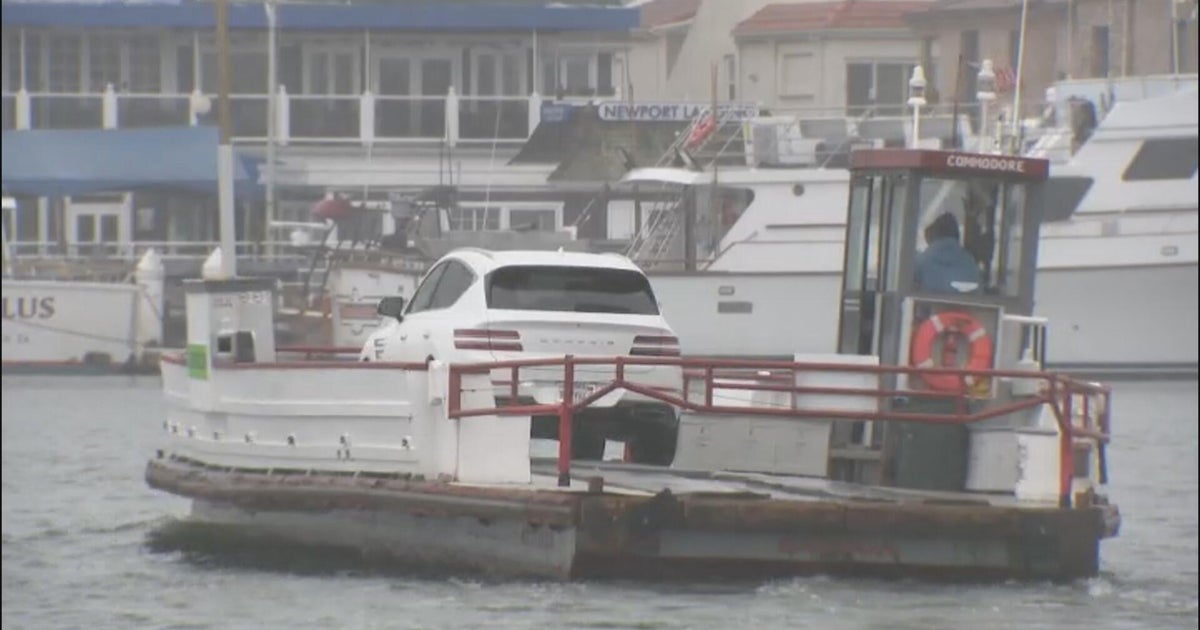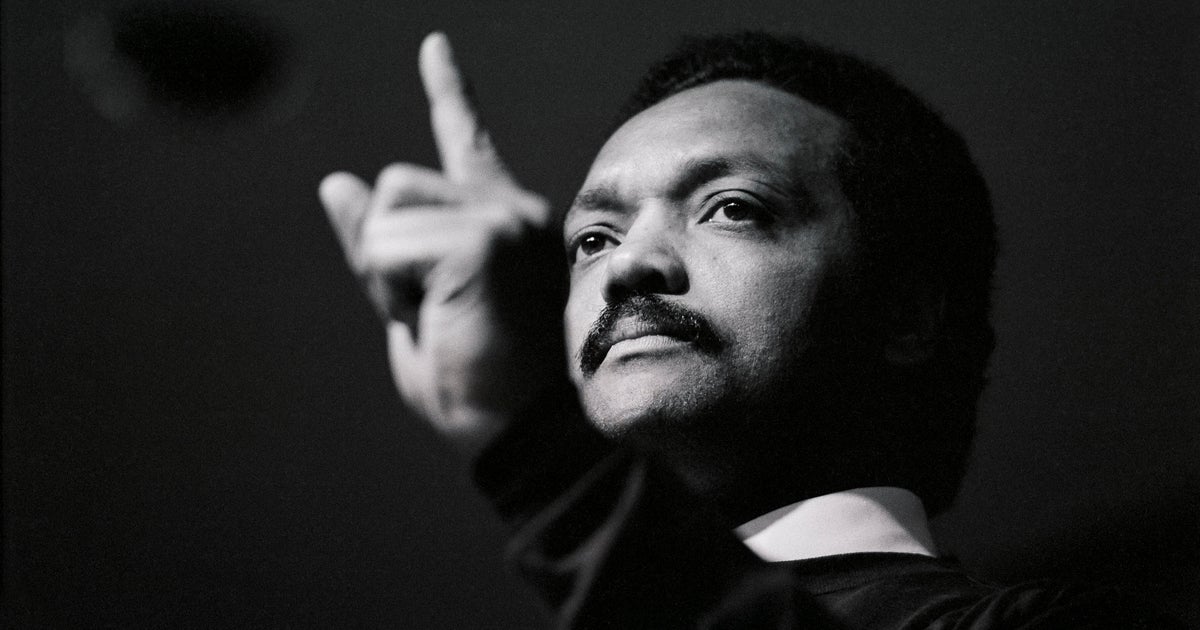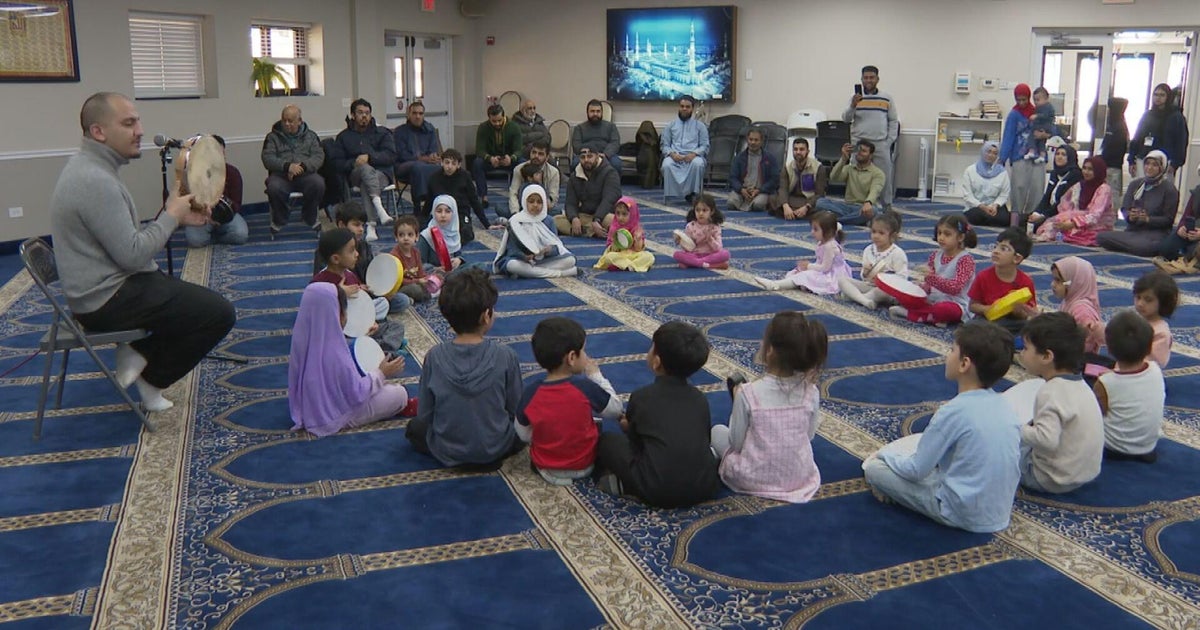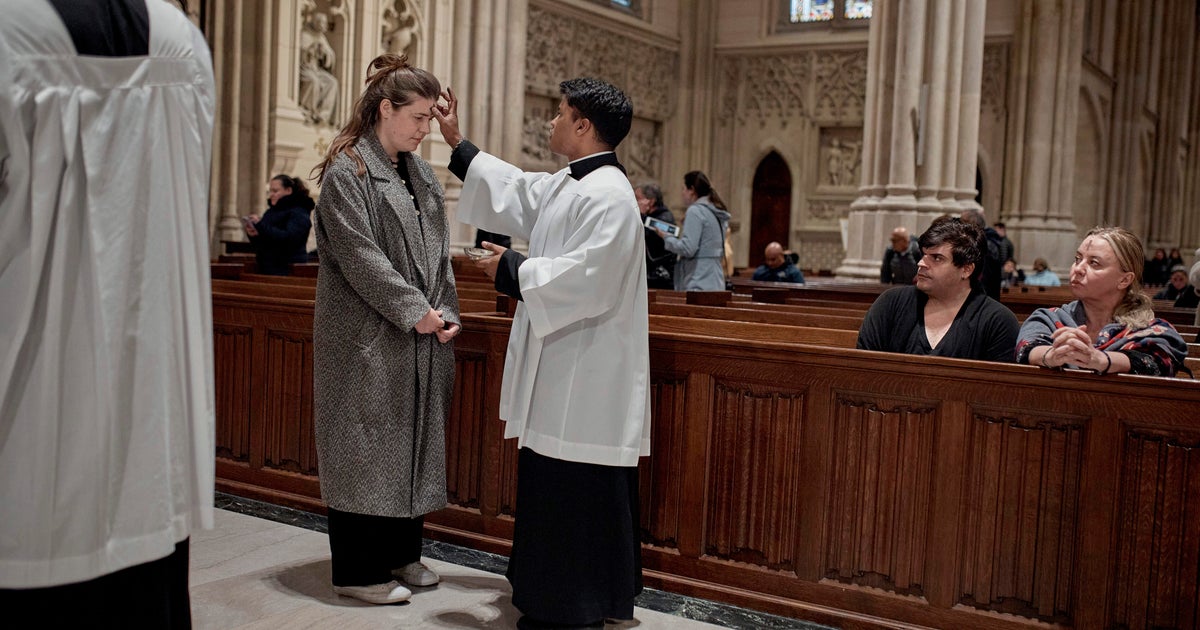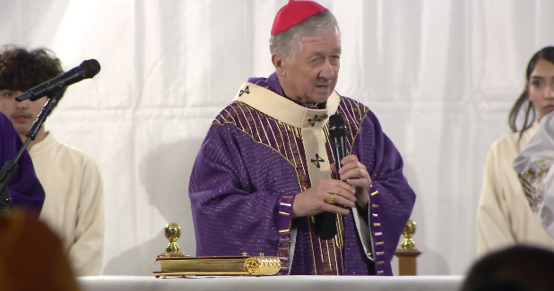Smith Island Awaits 125th Summer Camp Meeting
EWELL, Md. (AP) -- Mixing with the drone of work, boat motors, mosquitoes and seagulls will soon be the voices of praise, worship and song when Smith Island hosts its annual summer camp meeting.
This year marks the 125th anniversary of religious services here. Just yards away from the Methodist church is an aging, wooden, white tabernacle, or "tabernickel" as some call it. There is no air conditioning. The windows are shuttered with drop panels that are propped open during the service.
The floor, with its fresh layer of wood shavings, is crunchy, and the dark pine pews, hard and upright, are a bit dusty. The summer air will be heavy with humidity, swirled by overhead fans in the tabernacle as residents, former residents and friends gather for the week of old-time camp meeting services that begin July 31.
There was a time, said lifelong resident Jennings Evans, 80, that "camp meeting time" was a highly anticipated event. People planned months in advance to return to the island for services, to stay for what was then a two-week event with family and friends. Islanders, too, felt the excitement as the opening day approached.
"It doesn't seem to have the island excited like it used to do," he said. "It was an important to them. Enthusiasm was greater in those days." The further back you go, the more people came, he said, but not so much anymore. Almost 200 years ago, in the days when neighboring Tangier Island hosted camp meetings -- that eventually spread to Smith and Deal islands -- legend has it that thousands of worshippers were coming from Norfolk and Baltimore to take part.
Of course, vendors selling "unsavory products," Evans said, like whiskey on the beach to those sailing in for "camp meetin' time," no doubt boosted attendance.
In the early 1900s, there were almost 1,000 residents between the waterside communities of Ewell, Tylerton and Rhodes Point. Now, Evans said, the population is about 215, many of whom aren't native to the island. Today, when the population swells for the religious services, it tends to remind all just how small the present population is when outnumbered by visitors. The young people of the island do attend some part of the weeklong event, Evans said, a bit lost in the experience as the passing of the years has subtly disconnected them from the soul that was the old-time camp meeting. Now, a couple of hundred people coming from the mainland is a good turnout.
The site of the tabernacle has become hallowed ground. Generations of islanders came here as children, and have passed into eternity. Yet the campground where some of the earlier services were held under the shade and protection of a worn foresail remains. Life always brings its share of hard times and religion has always kept the islander together, a shared community thread that binds the past and present.
"When I was a boy comin' up here, I'm originally from Tangier, I remember there were two big boat comin'; in Sunday mornin', and they'd be blowin' their horns, loaded with people, just comin' for camp meetin'," said Bill Dize, 63. "That whole field by the tabernacle was so filled with people you couldn't even see the doors. "Camp meeting was the backbone of Smith Island, but it has started to fade. Maybe because it's costin' a lot more money to get over here, could be it. To tell you the truth, I don't think we are carryin' the `backbone' religion we were brought up with, but the church is still the head of the community," Dize said. Evans, recognized as the premier historian of the island, has stories of camp meeting history that brings the past to life. He can just about see the tabernacle from the bench in front of his home.
"Far back as I can remember, I was goin'. Remember crawlin' around in the sawdust camp meetin' time," he said. "This was always the main event down here in the summer." "We got dressed up, but we didn't dress fine, like they did back when it started," Evans explained. "We were nothin' like them." He looked at a framed photo taken in August 1895 in his lap, showing women in head to toe heavy dresses and men in full wool suits, and the preacher with a cutaway coat with tails." There are other photos of early camp meeting life.
"They had oxen over at Pitchcroft, named Buck and Red. Most time they would haul hay (or straw) from Pitchcroft for the tabernickel for the people to walk on, didn't use saw dust back then," he said. "After the meetin' they would take pitchforks and take all that hay and put it back on the cart and lug it back to Pitchcroft." Coming to walk in the hay or straw was a big social event. Islanders and visitors dressed for the occasion.
"Even in my day, those older people come out here dressed to kill, men with ties up to their chin, looked like they were about to choke, but they sat there, as cool as cucumbers," he said, laughing, "but they could stand the heat." Then there was no relief for the devoted when they got to their "tents," or small one room wooden cottages.
"You know it had to be hot in those `tents,' and people cooked in them with stoves they had in there," he said. Because people knew no other way of life, the heat didn't seem to bother them as it does worshippers today, Evans speculated. Their thoughts weren't so much on the August heat as it was the purpose at hand. Protocol even mandated that men pull their boats out of the water for the two-week event. "That was so they wouldn't be tempted to leave while the camp meetin' was goin' on," he said. "If your boat was overboard, and you go the temptation to leave, you might do it. People were strict `bout religion back then."
Depending on the preacher, the tone and length of the sermons varied. Sometimes it could be a hell fire and brimstone message. "Sometimes it fell on `em to give a heavy sermon," Evans said. "Some others would get their message across and didn't elaborate much and try to scare you to death. They were the kinds the kids liked the best. Tylerton people seemed to like strong sermons.
"One fella got caught up in the spirit, rollin' over and over in the hay. Capt. Willie Evans, he was a Christian man, too, he thought the man was takin' away from the meetin'. He went up to this man, named George, and told him, `My Lord, get up from here. You're takin' the enthusiasm away from the Lord.' He was brushin' the straw off the man's back and told him to sit down and enjoy the preachin.'
George was from the western shore, a Holy Roller and he got in the swing of things, rollin' around, all dressed up in a suit of clothes, too. It didn't suit Capt. Willie real good." Throughout the years, the fires have died down a bit, and the jumping and shouting has dissolved into a more conservative service. Between services in the old days there was plenty of time to socialize and enjoy the food and goodies offered by vendors.
"All these camp meetings, even in my day, had some people sellin' confectioneries and treats from their little tents. One favorite was `kisses' that was a layer of caramel around a sweet sugar center, and it came with a balloon, and that was popular," Evans said. "And then they had these boxes of popcorn, Cracker Jack was the real name, but for some crazy reason Smith islanders always called `em `chew chew.' The box had a little toy in it."
The older people of the island remember the earliest days of camp meetings with nostalgia, and have their own memories and stories of the past.
For Evans, some notable moments in camp meeting history comes from across the years. "One time there was a big thunder squaw out there on time in the 1940s, and everybody was terrified. It was one of them squaws where the lightning and thunder would hit at the same time.
Five or six women fainted. Men had to go over to old Dr. Chambers and see if he could come out and bring some of them to. Some of them went out to the old Mart Evans store and got a bottle of whiskey that some of them that had been drinkin' and give it to the women and see if that would bring them around," Evans recalled.
"I was there at the time, saw it all. I had a girl from the western shore I was seein' at the time. It weren't no romance, I don't think. I didn't know she was that afraid of a thunder squaw and she started climbing up my back, and I said to myself `Holy mackerel, I don't know what to do.' The women were screamin' and passin' out, that's when they went to get the doctor. The old doctor said `What's goin' on at the circus out there?' He didn't understand religion either," Evans said, laughing.
"We were all in there, the wind was blowin' hard and the rain was a comin' right through the screens. It steered up some fear right from the get go. It was one of them kind of squaws when the lightnin' and thunder didn't stop. I tried to be brave, but it wasn't pleasant for me. It's a bad thing when your trapped. Preachers were on the stage sayin' `Stay calm, the lord will take care of us' and all that. I was hoping it was true. A storm like that will cause you to think about religion if you hadn't thought about it before."
When stories are told of camp meetings of the past, the "squaw" incident is at the top of the list. Not to mention the death of one of the worshippers.
"They called her Aunt Stacy, it was before my time, but I heard the story. She was from Rhodes Point, she was, a stalwart woman, a naturally-born Christian. She died out there at the camp meetin'. Her son had a house close by the camp ground, and they brought her body to his house and stretched her out on the couch, waitin' for the undertaker.
"In the meantime, Miss Ida Tyler's brother -- Wes, was stayin' there -- and he'd been out a crabbin,' it wasn't a Sunday you know. Unbeknowin' to all of it, the first thing he did was shave, in the kitchen with this mirror. All of a sudden he looked in the mirror and saw this woman layin' there on that couch, dead, in the background. He liked to have fainted. He was the scary-type and took out of that house, and he wanted to know where this dead woman come from. He didn't know it was Aunt Stacy Bradshaw," Evans said.
Sometimes, throughout the years, while sitting in the tabernacle listening to the choir or the organ music played by islander Clarence Evans, Jennings Evans can smile a bit, remembering the character that was camp meetings of the past.
Capt. Allen Tyler will be providing free transportation to the camp meeting the opening July 31 aboard the Chelsea Lane Tyler. The boat will leave Pier B 10, at Somers Cove Marina in Crisfield, at 9:30 a.m. and leave Smith Island, for Crisfield, at 4 p.m.
Information from: The Daily Times of Salisbury, Md., http://www.delmarvanow.com/
(Copyright 2011 by The Associated Press. All Rights Reserved.)
